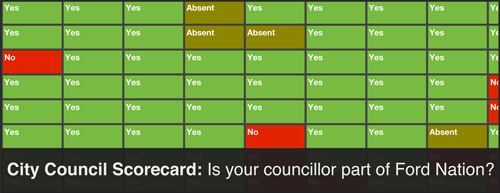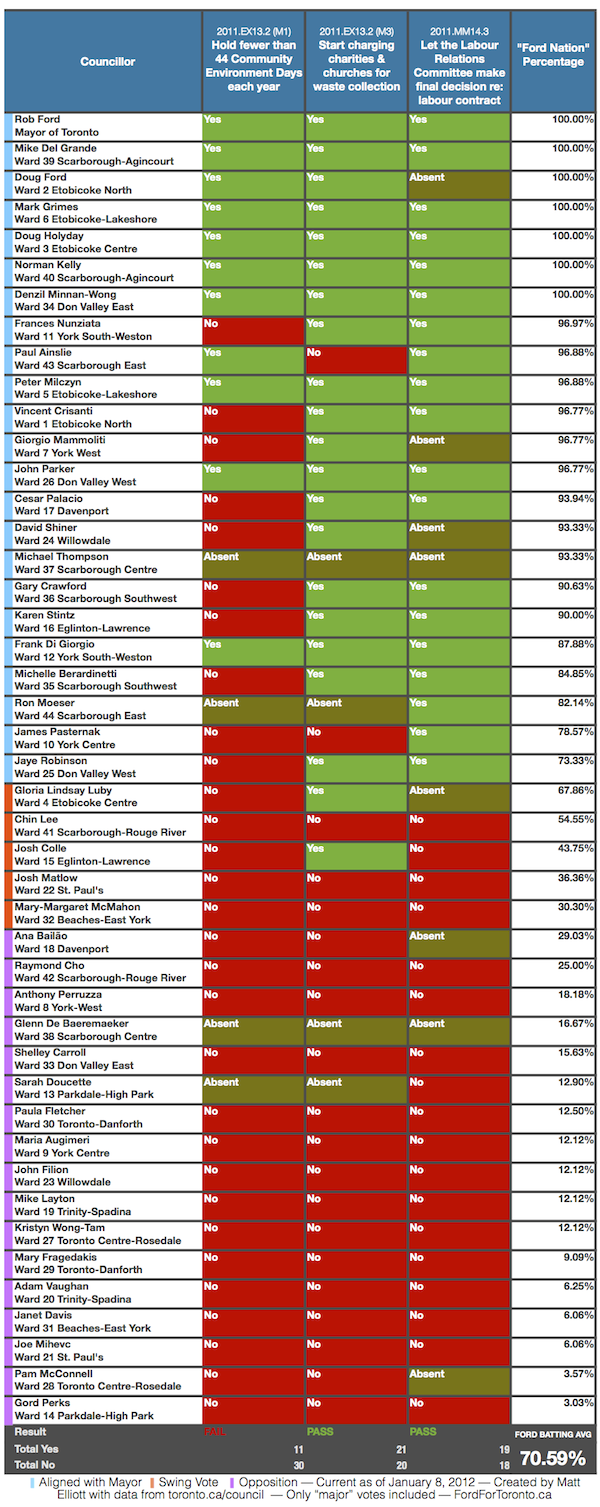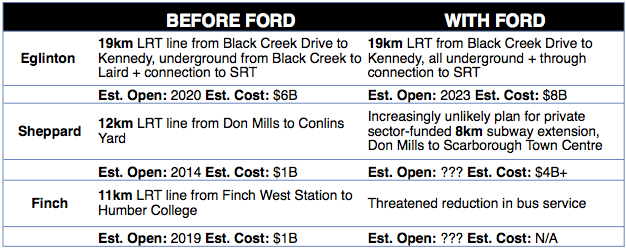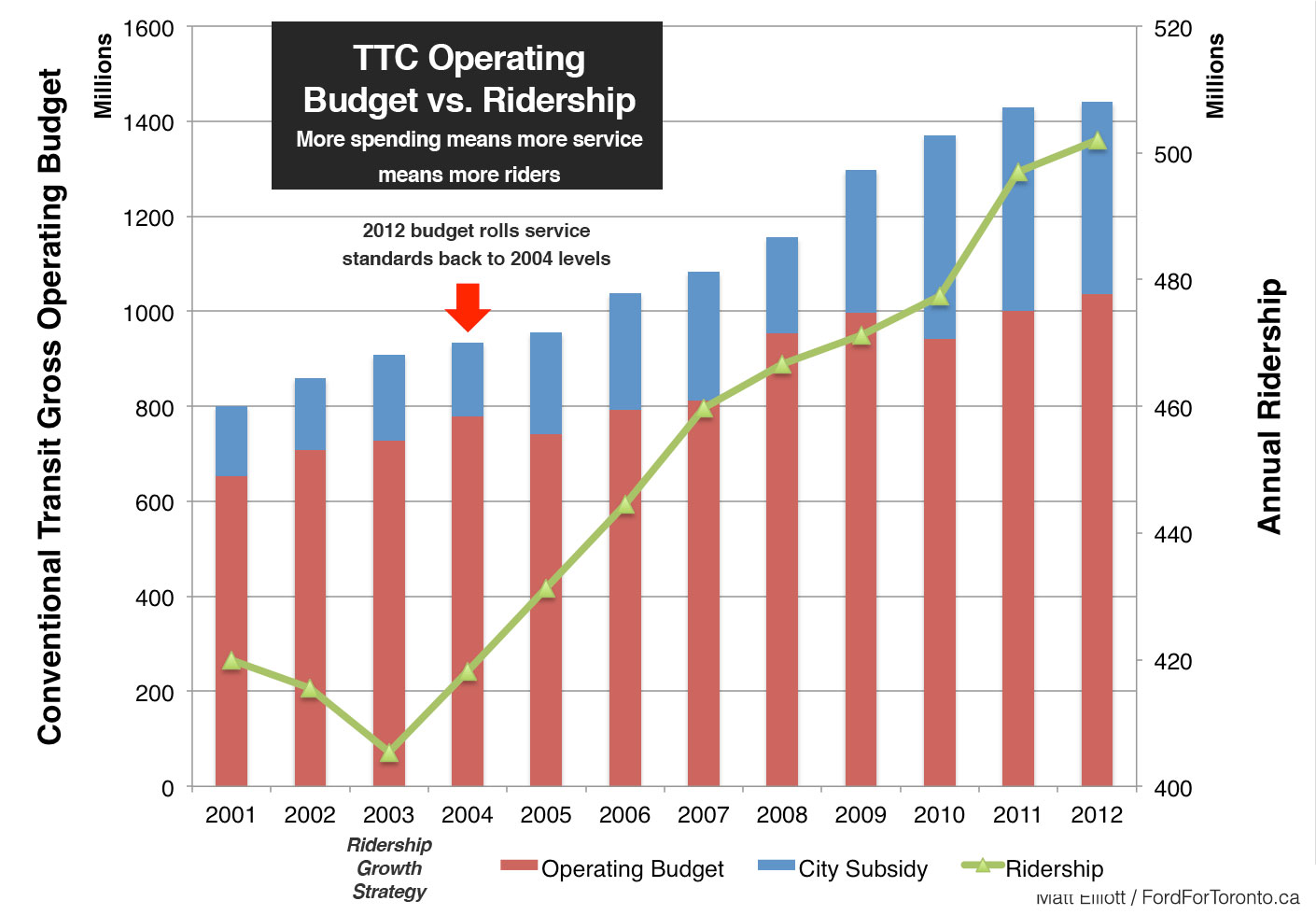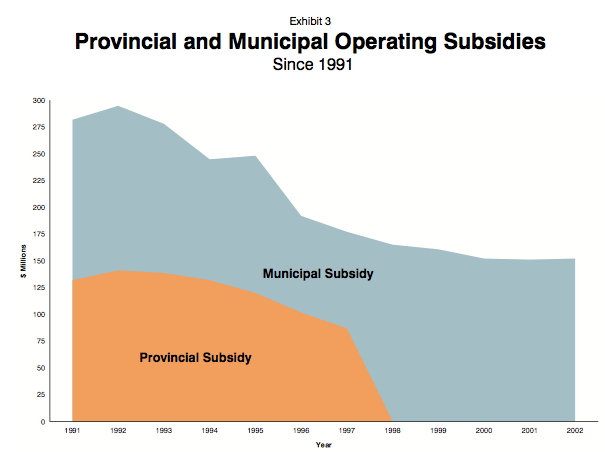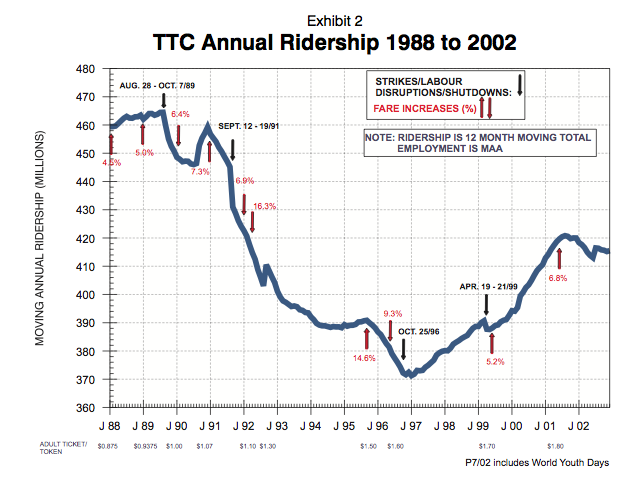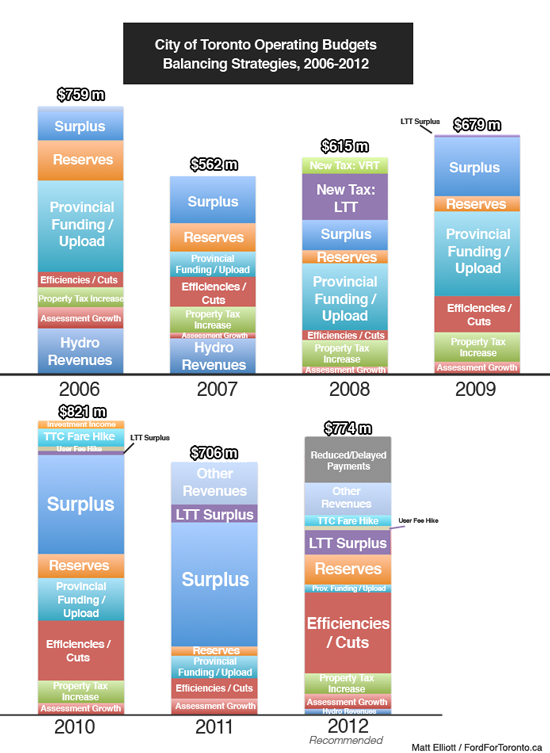Josh Matlow’s radio show on NewsTalk 1010 seems to be flying under the radar of a lot of council-watchers these days, but it’s been very solid in providing a ton of good insight into the minds of councillors and how they approach various issues. The past three or four weeks especially have been very good, as the show has moved past some of the Giorgio Mammoliti theatrics and gimmicky stuff that marked its early days and brought on some councillors who tend not the very vocal in the press. If they’d stop taking calls from people who seem barely informed about the issues, I’d have few complaints.
The show hit an all-time high this past Sunday, when Councillors Janet Davis and Josh Colle were in studio with Matlow. The last quarter-hour of the episode was devoted entirely to a very frank — sometimes heated — discussion on ideology, centrist politics, and how good governance works. Some of the discussion was reminiscent of the debate surrounding Dave Meslin’s initial optimism regarding the Ford administration earlier this year, before that all went to hell.
Because I’m nothing if not an incredible nerd — and because this may prove to be a good reference for later on — I’ve transcribed the entirety of the discussion Matlow, Davis and Colle had on air. As with any transcription, I’ve made small edits to clarify crosstalk and eliminate the ums and uhs that, you know, plague our speech. Any errors are my own. To get a real feel for the tone of the conversation, I highly recommend you listen to the segment yourself. It starts at about the 31 minute mark of this mp3.
Thanks to City Hall journalist Jonathan Goldsbie for bringing this segment to my attention.
The Transcript
Josh Matlow: By the way, one thing I wanted to mention: I, sometimes — like Josh, and Mary-Margaret and Ana Bailão and a few of us — we’re regarded as, well, we like saying the Mighty Middle others will call us the Mushy Middle. Certainly I’ve heard the term fence-sitter. I just want to clear that one up too.
Josh Colle:Â That could hurt.
Janet Davis: You don’t sit on fences, you straddle them?
Matlow: I don’t know if I’ve ever sat on a fence. I’ve jumped over them at times, but I’ve never actually sat on one. So factually that’s not true. I have not sat on a fence. Second: every month — unlike those on Twitter and others that might mention the term ‘fence-sitter’ including Sue-Ann [Levy] — I vote very publicly in a recorded way on every issue that we’re debating and take very public stands on all those issues.
Where I think this [‘fence-sitter’ talk] comes from is that when one is on the radical left or the radical right, those of us in the centre will not always meet your needs. We will not always come down on the side you’re hoping us to do.
Davis: You know, unfortunately, this whole characterization of there being such a polarization is perpetuated by the media. But also I think, Josh, you perpetuate this.
Matlow: Why’s that?
Davis: You often characterize the people who take certain positions — as you have just done — as the “radical left.” I don’t think that’s necessary. You know what I’d rather do, Josh —
Matlow: You don’t think there’s a radical left in Toronto?
Davis: Do you know what I’d rather do, Josh? Let’s move on and talk about the important issues that are before council this week. We’ve got budgets on water and solid waste coming before us —
Matlow: I want to go there in one moment. But do you not believe, though — you heard Nick Kouvalis [earlier on the show], would you not say he’s further to the right than somebody like John Tory?
Davis: I don’t think it’s helpful to have a preface in front of everyone: left-leaning, mayor’s ally, middle-of-the-right/mushy middle. I don’t think it’s useful. And I don’t think that when people continue to characterize it that way… and you do. You often talk about “the people on the left” and “the people on the right” and the virtuous middle. And it’s not helpful. It’s not.
Matlow: (Laughing) Josh Colle, what do you think?
Colle: (Joking) The virtuous independents? You know —
Davis: You know, you’re branding yourself as much to your benefit to try and create the belief that there are those out there who are ideologically driven and then there’s you, in the middle, who votes purely on the merit of “thoughtful debate.” And, you know, all of us participate in thoughtful debate — I do too.
Matlow: Hold on, you believe that every councillor…[“participates in thoughtful debate?”]
Davis: Okay. I take that back. Not every councillor. [pause] But I certainly do.
Colle: I understand that [the polarization of council] is a fun, easy story. Especially because we got a press gallery that’s encamped there and they need something to write about and everybody loves kind of plunking people on teams and doing the math on votes. But at the same time, I know when I arrived at City Hall — and I have no problem retelling this story — that I was told by people that I had to pick a team. And I was told this — and I won’t mention the names now — both by people we would describe as “the right” and “the left.” They sat me down in the chambers and said, “Okay, this is nice. You got to pick a team.” So while we don’t want that to be there — and we shouldn’t focus on it, I agree — there are some of our colleagues who are focused on it, and kind of see our chamber through that lens.
Davis: Well, there’s a reality of the 23 votes that have got to be found on every single vote. And there’s no doubt when the mayor came in and his staff came in and I can actually say that Nick Kouvalis came in to me and said, “These are the things we want your vote on.” And he — and other staff in the office, Mark Towhey and others — went and visited councillors and said, “Here’s our agenda. You’re either with us or against us.” And that’s not the way they should have entered into this new administration. They polarized people. There is no representation geographically from the whole Toronto & East York area on all of the key committees. And, yes, there is polarization.
Matlow: To sound like the personification of a centrist right now —
Colle: You fence-sitter, you.
Matlow: …I would submit honestly that there is no one perspective that is completely more virtuous than the other. For example, I know that my colleague Gord Perks comes from a leftist perspective on most issues. And, you know what? He’s honest and sincere and backs up his points and genuinely believes that that’s the way the world should be. Just as, when I hear from a colleague on the right who believes that, you know, unions are getting too much or whatever but they honestly believe it. They sincerely believe it. And that is virtuous because they are sincere in their argument. Now, the way that Josh Colle and I operate — and a few others — is that we don’t look at the world from one ideology or another. We really struggle and consider and deliberate over everything in front of us.
Davis: Everyone has fundamental beliefs, Josh. And you must have some. They must be there somewhere.
Matlow: I do. But I put good governance and evidence before anything else.
Davis: I agree. And I believe I do my best to represent the interests of my community and the interests of the city as a whole. I gather the information as much as I can, taking into consideration professional advice. And obviously I overlay on it some of what’s in my gut — my fundamental beliefs. And we’re always struggling with how you do that and do it well.
Matlow: Even if I personally believe something — I can tell you this right now — if I see evidence in front of me, and this is the problem with narrow ideology —
Davis: Are you saying I have narrow ideology?
Matlow: I wasn’t referring to you.
Davis: Well, then who are you referring to?
Matlow: I’m not referring —
Davis: Who are you referring to?
Matlow: Well I wouldn’t want to —
Davis: On the left?
Matlow: On the left or the right, no matter who you are —
Colle: We shouldn’t get to naming names here. I mean this is…
Davis: No really, I mean it’s a bit of an airy-fairy argument you make.
Matlow: Airy fairy? You don’t believe that you have an ideology? Do you not believe that Rob Ford has an ideology?
Davis: I can’t believe that you don’t.
Matlow: I wouldn’t call it ideology.
Davis: Well, you have some fundamental beliefs, I trust.
Matlow: I do. And I come into any conversation with my fundamental beliefs. But I am completely open to looking at evidence that may contradict what I came into the conversation initially believing. And if that evidence is strong, if that argument has merit that demonstrates that I was wrong, then I will admit it. I will accept it. And I think that that is the way to provide good governance. You shouldn’t just say, “This is the way I want the world to be. And, you know, darn any evidence in front of me. I’m not going to actively listen to other people’s positions. I’m just going to make the world the way I believe it should be.” I think sometimes the world isn’t that simple. It often isn’t. And I don’t believe that the average Torontonian running a household budget thinks about running a budget based on what is left-wing or right-wing. They just go: what’s my reality? What are the difficult decisions I’ve got to make and where do I need to go?
Discussion Questions
1) Josh Matlow does get a particularly hard time from a lot of us — “those on Twitter” — online. I feel a bit guilty about that, particularly because I much prefer Matlow’s openness and constant communication to the fly-under-the-radar tactics other councillors use. Are we sometimes too hard on the guy?
2) Where does one draw the line between being non-partisan, which some would say is a good thing, and being unprincipled, which is most certainly a bad thing? It’s easy to see how blurry that line can get, isn’t it?
3) Do people like political parties at the provincial and federal level because: a) they make it easy for low-information voters to determine who to vote for; b) they instill a certain sense of security in the values of the candidate on the ballot; c) people love to root for teams; or d) some sort of mixture of all the above plus other things and, hey, it’s complicated so shut-up?
4) Is it really all that ideological or partisan to admit publicly that Rob Ford is not the right guy to be mayor of this city? To take that as truth, and build your opinions regarding policy from that perspective?
